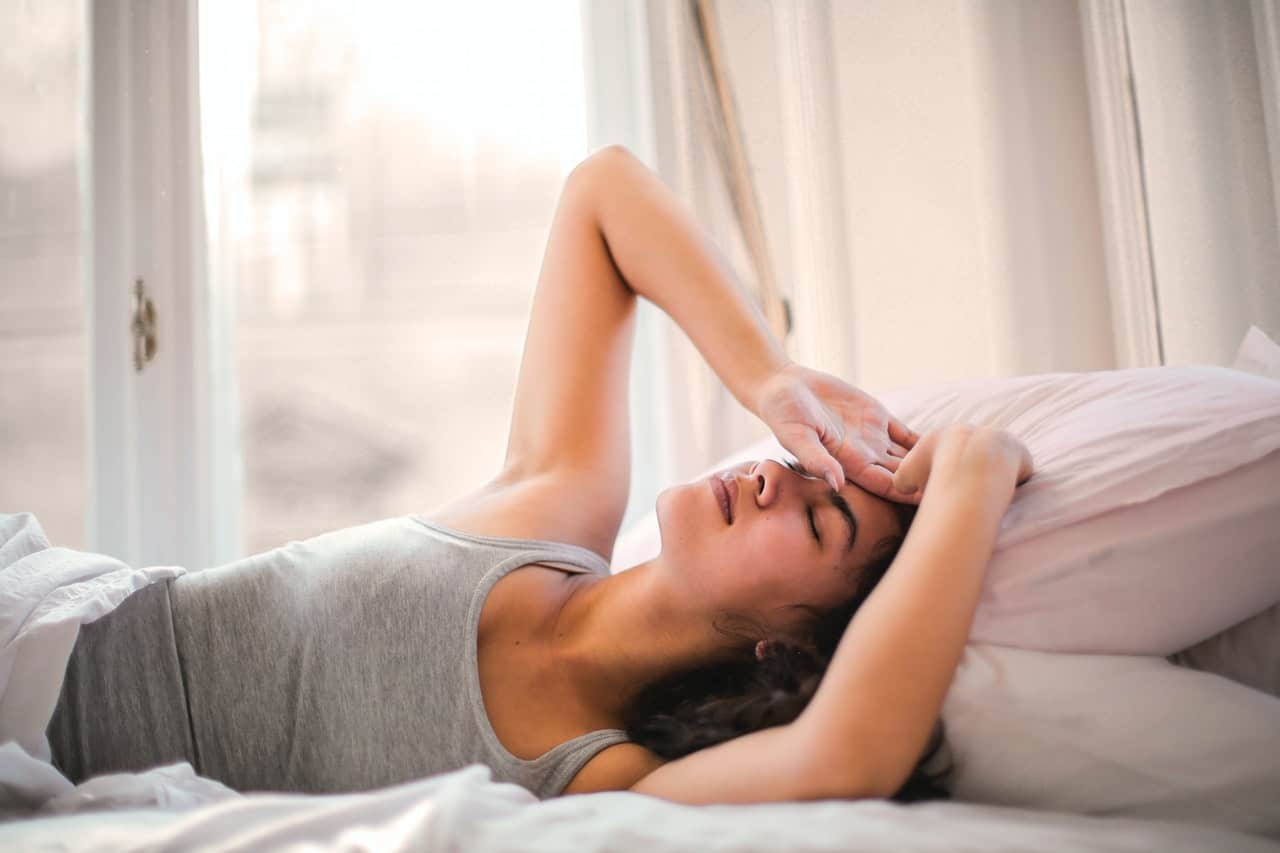Unless you are one of the few fortunate people who can fall asleep in the blink of an eye, ensuring you get a good night’s sleep can require a bit of pre-planning.
That theory is backed up by a recent study by online casino Betway which suggests that a relaxing pre-bedtime routine plays a key role in getting quality sleep.
Their researchers tested 14 activities to determine their impact on sleep quality and found that meditating for 30 minutes before bedtime is the best way to get a restful night.
Participants who meditated before bed spent an average of 12 minutes per night awake and racked up more than eight hours of shuteye.
Other activities, such as listening to music and reading a book, were also beneficial in providing people with good-quality sleep.
Numerous other studies have extolled the virtues of establishing a relaxing pre-bedtime routine to create a solid base from which great sleep can be achieved.
Sleep expert Matthew Walker has conducted extensive research and written best-selling books on the science behind getting quality sleep.
He claims the creation of a routine that starts a significant amount of time before your head hits the pillow is essential if you want to avoid a sleep deficit.
“Your body’s internal clock follows a specific sleep-wake cycle,” Walker said. “Going to bed late one night and early the next throws your circadian rhythm off balance.
“Attempting to catch up on missed sleep over the weekend may not always be effective and can result in physical and mental fatigue.
“Thus, adhering to a daily sleep schedule can greatly benefit your overall health and well-being.”
Another intriguing finding from the Betway study was technology’s detrimental impact on getting the requisite amount of sleep.
Playing mobile games and scrolling through social media scored badly, causing significant disruption to the quality of sleep enjoyed by the participants.
However, while experts advise against undertaking these activities before bedtime, they both scored much better than consuming heavy content on television.
Watching the news, true crime, or a horror movie was ranked in the bottom four of all the activities studied, causing restless nights for the people who undertook them.
Many experts suggest that digital devices such as smartphones, tablets, and televisions should be kept out of the bedroom to ensure optimum sleep.
Neurologist Dr. Singar Jagadeesan believes the sleep environment should be a technology-free zone if people are serious about giving their bodies and mind ample time to rest.
“You should have a nice setup where you’re winding down two or three hours before sleep,” Jagadeesan said.
“It may involve a little bit of exercise, a nice dinner, and then some relaxing activities like breathing exercises or reading a book.
“And then, when you’re ready to sleep, reduce the light as much as possible. Keep your bedroom dark and cool, and use your bedroom only to sleep.
“Don’t do any television watching or playing on the computer in the bedroom, as much as possible.”
